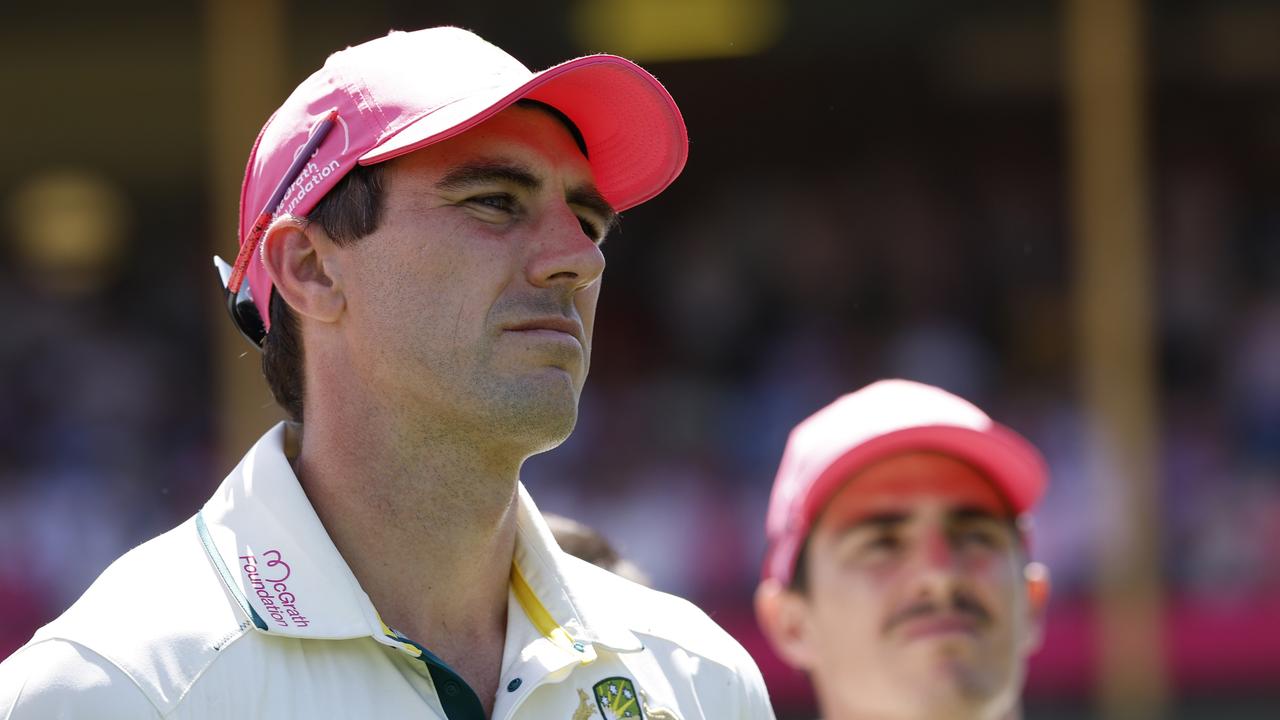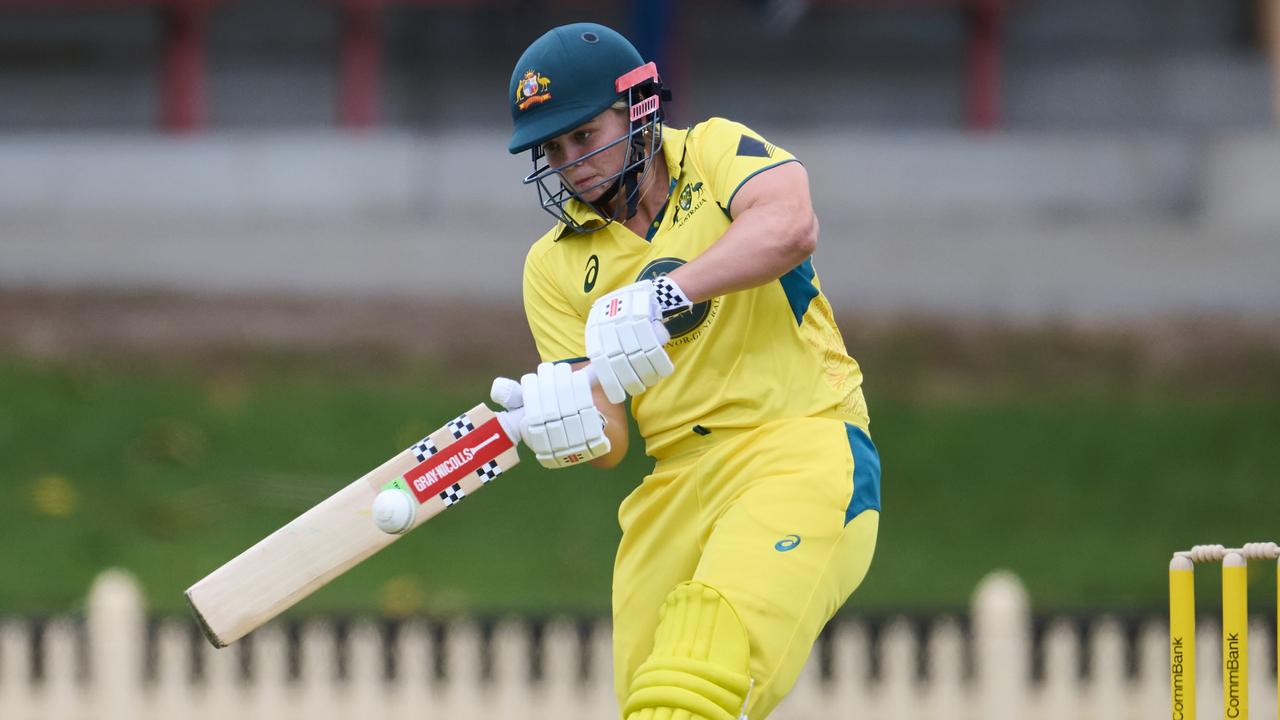Cricket rights cash fight threatens lifeblood of the game

- by Admin
- August 24, 2024

Loading
As one example, Pakistan’s board is using part of its ICC share to renovate its stadiums ahead of next year’s Champions Trophy, the first global event they have hosted in decades. For the West Indies, the revenue derived from World Cups is more vital than ever because the market value of inbound tours, even by the “Big Three” nations, is declining.
Pakistan, unable to play bilateral games against India because of politics, are struggling to fetch a fee of much more than about $US10 million for their matches over the next three years, including a visit by England.
For Australia, of course, the ledger is flipped. The rich deals signed with Foxtel and Seven for the home market and Star for the Indian market mean the ICC distributions don’t matter anywhere near as much for CA. But an unbudgeted reduction in the size of that pie would make for increasingly famished Test match programs for the countries that Australia sorely need to maintain that bilateral broadcast value.
It is laudable on a theoretical level that Baird, Shah and England’s chair Richard Thompson have discussed the introduction of a Test match fund to cover the travel costs and match fees of countries with weaker cricket economies. But then again, the matter of who pays for it leads back to many of the aforementioned problems.
Part of the ICC rights carve-up agreed by Barclay and his chief executive Geoff Allardice was a multimillion-dollar “strategic fund” from which numerous growth projects could be addressed, including the sustainability of Test cricket. But that money, too, was predicated on Star paying full freight, as agreed in 2022.
As Star and ZeeTV wrestle through arbitration about how the latter backed out of sublicencing a portion of the ICC rights and therefore balancing the cost, cricket administrators will be looking very carefully at the fine print of the ICC contract.
Mike Baird with NSW Premier Chris Minns, Josh Hazlewood, Nathan Lyon and Cricket NSW CEO Lee Germon.Credit: Edwina Pickles
While CA successfully warded off a similar fight for a discount by Seven in 2020-21, a battle with Star would come with considerable danger, since it has long been cricket’s most reliable south Asian broadcaster. Fracturing that relationship to preserve the contracted money would risk taking a major player out of the rights market in the medium term – in other words more money now but much less later.
A “blend and extend” compromise with Star would strike a balance between money and partnership, but also leave cricket’s smaller economic powers with some potentially ugly balance sheets.
Loading
Baird, then, may be required to follow through on these words in January: “We need to support, retain and grow Test cricket, and we’re going to have to think through our priorities and part of that is how we distribute funding.”
With ICC dollars now in question, Shah and his acolytes in England and Australia have much to do. Unlike Redford’s character, this movie doesn’t end with the taking of power – now it is a case of wielding it wisely.
News, results and expert analysis from the weekend of sport are sent every Monday. Sign up for our Sport newsletter.
The Latest News
-
January 9, 2025A revealing dive into TGL’s shot clock data – Australian Golf Digest
-
January 9, 2025PXG Secret Weapon mini driver: What you need to know – Australian Golf Digest
-
January 9, 2025Arnold Palmer’s former home on one of America’s best golf courses hits the market for first time – Australian Golf Digest
-
January 9, 20258 wishes for the LPGA in the new year and beyond – Australian Golf Digest
-
January 9, 2025Mizuno Pro S, Mizuno Pro X balls: What you need to know – Australian Golf Digest





